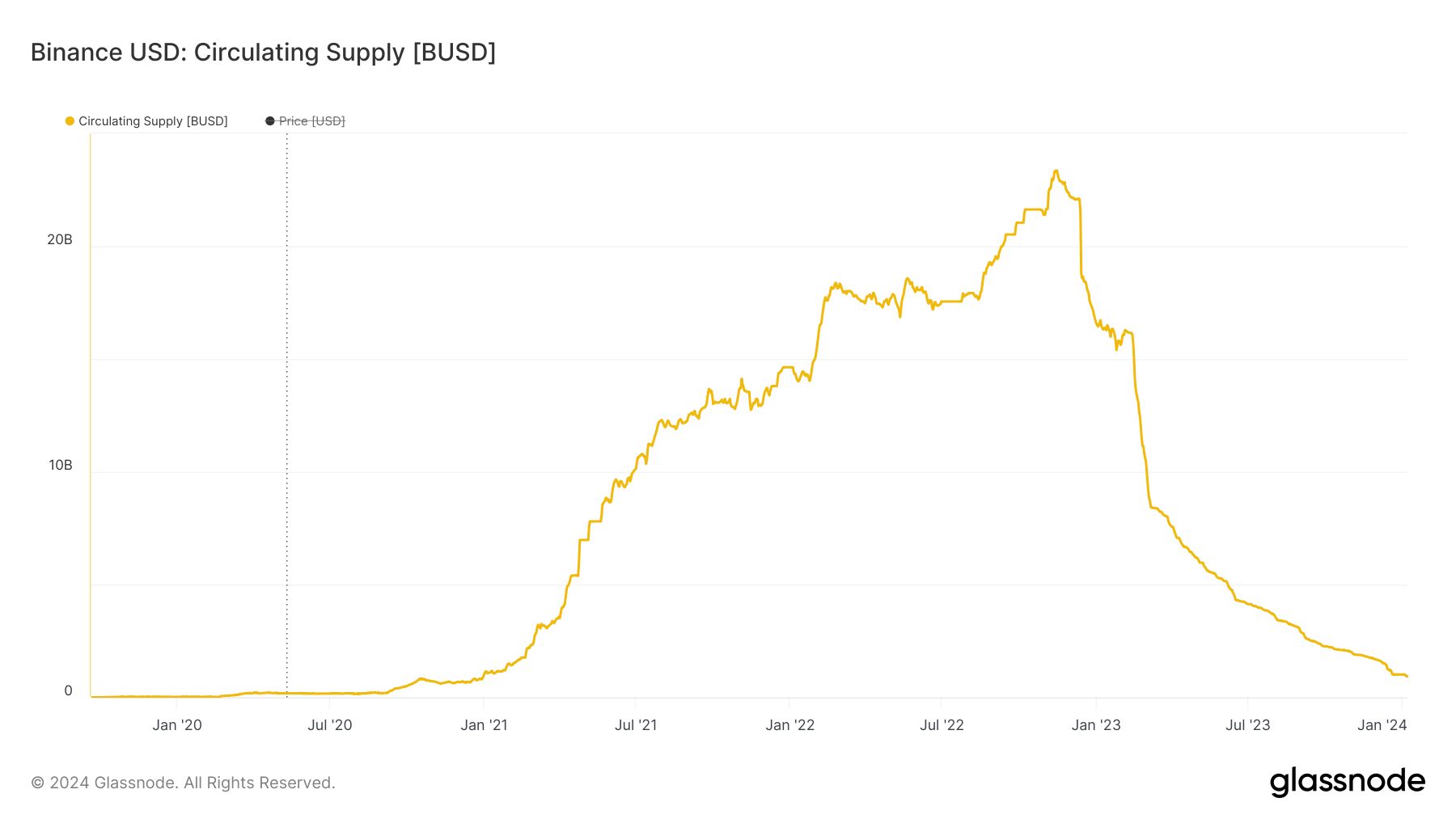Europe’s largest banks are moving into crypto thanks to regulations: Bitpanda
Some of the European Union's largest banks are looking to enter the crypto industry as a result of clarity offered by the bloc’s adoption of the Markets in Crypto-Assets (MiCA) regulations.
This is according to Lukas Enzersdorfer-Konrad, the deputy CEO of Bitpanda, who told Cointelegraph:
“European banks are moving into crypto as an asset class and tokenization technology, because MiCA, the upcoming regulatory framework for Europe is suddenly bringing full clarity for banks.”
In May 2023, the European Council adopted the first comprehensive legal framework for the crypto industry. The MiCA framework aims to protect investors through more rigorous transparency standards and Anti-Money Laundering (AML) rules.
Thanks to gaining regulatory clarity for the first time, European banks are more confident in developing crypto services but lack the technical knowledge and infrastructure, which is why they are tapping crypto services providers such as Bitpanda. According to Enzersdorfer-Konrad:
“Suddenly [banks] are realizing that they do not have the technical expertise, the knowledge internally because they didn't have time and investment to build it up, but suddenly they want something to go to market with.”
Raiffeisen, the largest community banking group in Austria, has partnered with Bitpanda to offer digital asset services to retail banking customers, while other major banks are looking to develop corporate crypto services.
Beyond the MiCA bill, the approval of the first spot Bitcoin exchange-traded funds (ETFs) in the United States has also acted as a strong catalyst for institutional interest, which is reflected across the biggest European banks, said Enzersdorfer-Konrad.
“Across all Europe, all sizes of banks, from tier one to tier three, are clearly looking for [crypto service] providers and use cases about how to start.”
Last week, Germany’s largest federal bank, the Landesbank Baden-Württemberg (LBBW), announced it will offer crypto custody services to institutional clients starting in the second half the year. The bank is leveraging Bitpanda’s infrastructure to provide custodial service.
Some of Germany’s largest corporations, which are LBBW’s clients, were already been holding crypto assets before the bank started exploring custodial solutions, according to Bitpanda’s deputy CEO.
“In discussions with the relationship managers, [LBBW] realized that their corporate customers already partially hold crypto and Bitcoin on their balance sheet.”
Due to increasing corporate interest, banks like LBBW are pivoting towards offering crypto custody solutions, given that the public has already trusted financial institutions to hold their fiat money and precious metals, explained Enzersdorfer-Konrad.
Related: EigenLayer on the brink of potential yield crisis



